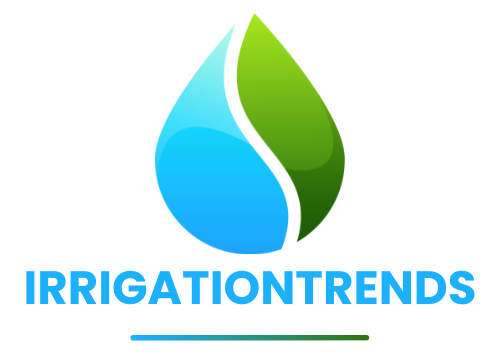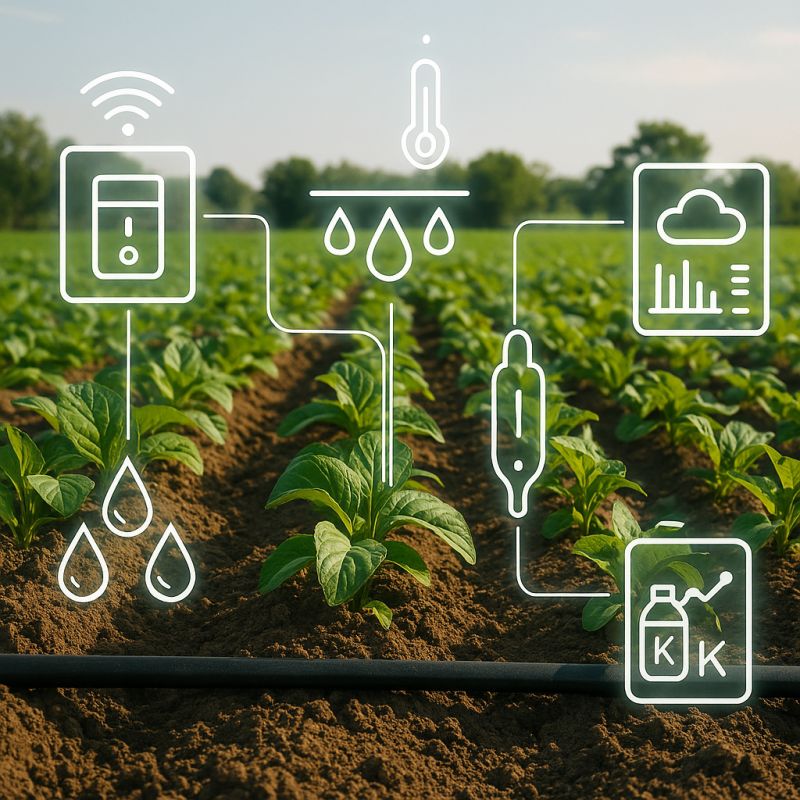Washington State, often heralded as the “Apple Capital of the World,” owes a considerable portion of its agricultural success to a robust irrigation system. The state’s unique climate and geographical conditions provide an ideal environment for apple cultivation; however, without efficient irrigation, the thriving fruit industry may not enjoy its current prosperity.
The Importance of Irrigation in Agriculture
Irrigation is a critical factor in the agricultural landscape of Washington. With its predominantly arid climate, particularly in areas like the Yakima Valley, irrigation becomes not just beneficial, but essential. It enhances crop yield, ensuring that farmers can produce the high-quality fruits that Washington is known for. Here are several key benefits:
- Consistent Water Supply: Irrigation systems provide a reliable source of water, which is crucial during dry seasons.
- Improved Crop Quality: Adequate irrigation leads to better flavor and color in apples and other fruits.
- Increased Yield: Proper irrigation practices can significantly boost the amount of fruit produced per acre.
- Drought Resistance: Irrigation helps mitigate the impacts of drought, allowing for greater resilience in changing climate conditions.
History of Irrigation in Washington State
The foundation of Washington’s irrigation network can be traced back to the late 19th and early 20th centuries when the need for consistent agricultural output became apparent. Early pioneers recognized the need to divert water from rivers and streams, leading to the establishment of various irrigation districts.
Expansion and Technological Advances
Over the decades, advancements in irrigation technology have played a pivotal role in optimizing water use. Modern techniques such as drip irrigation and centralized pivot irrigators now allow farmers to apply water more efficiently, reducing waste and ensuring that crops receive the appropriate amount of moisture. The shift from traditional flood irrigation to these advanced systems has revolutionized agricultural practices in Washington, allowing for:
- Water Conservation: Modern systems reduce water runoff and evaporation, conserving this precious resource.
- Precision Agriculture: Farmers can adjust water delivery according to the specific needs of each portion of their fields.
- Lower Operating Costs: Efficient irrigation reduces the need for extensive energy inputs, leading to cost savings for farmers.
The Economic Impact of the Apple Industry
Washington’s apple industry is a significant contributor to both the local and national economies. In 2021, the state produced over 5 million tons of apples, contributing approximately $2 billion to the economy. The integration of effective irrigation systems has been a crucial factor in achieving these impressive numbers.
Job Creation and Community Development
The apple industry not only generates revenue but also creates employment opportunities. Here’s how:
- Agricultural Jobs: From planting to harvest, the apple industry provides thousands of jobs in rural areas.
- Support Industries: Irrigation-related businesses, including equipment suppliers and consulting firms, have flourished alongside agriculture.
- Community Investment: Successful farms invest in local infrastructure, schools, and services, fostering community growth.
Challenges Facing Irrigation and the Apple Industry
Despite its successes, Washington’s irrigation and apple industry face several challenges. These include:
- Water Rights Conflicts: With competing interests for water among agricultural, urban, and environmental needs, securing water rights remains a contentious issue.
- Climate Change: Altering weather patterns can lead to unpredictable water availability, presenting challenges in irrigation planning.
- Infrastructure Maintenance: Aging irrigation infrastructure requires ongoing investment to maintain efficiency and effectiveness.
Innovative Solutions
As these challenges continue to unfold, the industry is adapting in innovative ways. Sustainable practices and technologies are being adopted to tackle water scarcity, such as:
- Recycled Water Use: Utilizing treated wastewater for irrigation provides an alternative to traditional water sources.
- Rainwater Harvesting: Collecting and storing rainwater for agricultural use is becoming increasingly popular among farmers.
- Climate-Resilient Crops: Research is underway to develop apple varieties that require less water and can withstand harsher conditions.
The Future of Washington’s Apple Industry
As we look to the future, the sustainability of Washington’s apple industry will hinge on effective irrigation management and technological innovation. With ongoing investments in infrastructure and a commitment to conservation, there is hope that the state’s agricultural landscape will flourish for generations to come.
Conclusion
Irrigation is not merely an agricultural tool in Washington; it is the lifeblood of the apple industry and a cornerstone of agricultural growth. By understanding its importance and addressing the challenges it faces, Washington can continue to uphold its legacy as a leader in apple production and agriculture alike.


